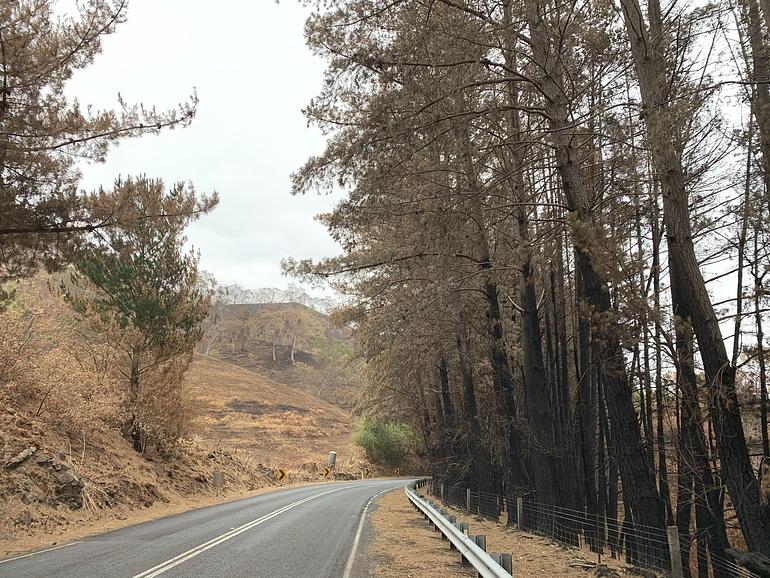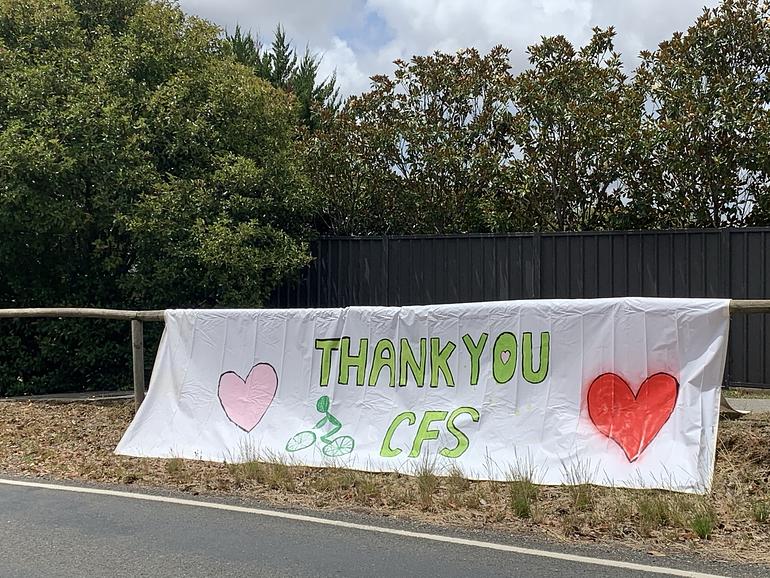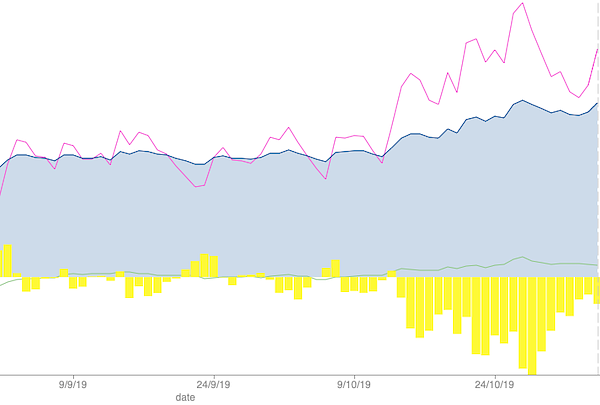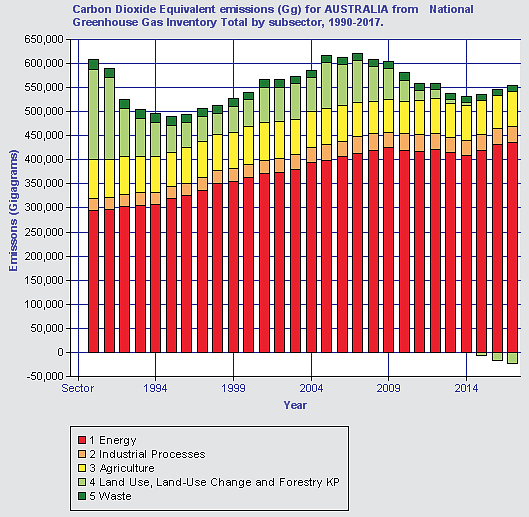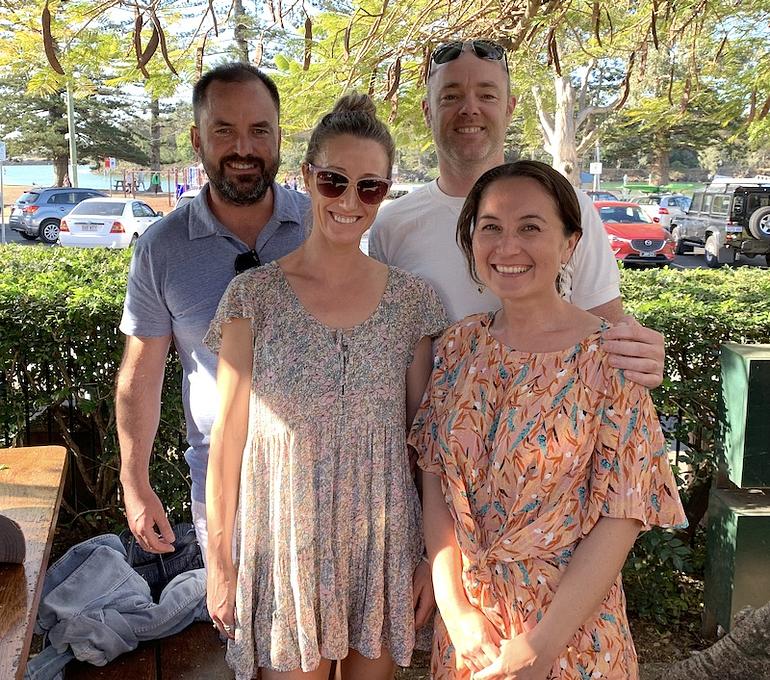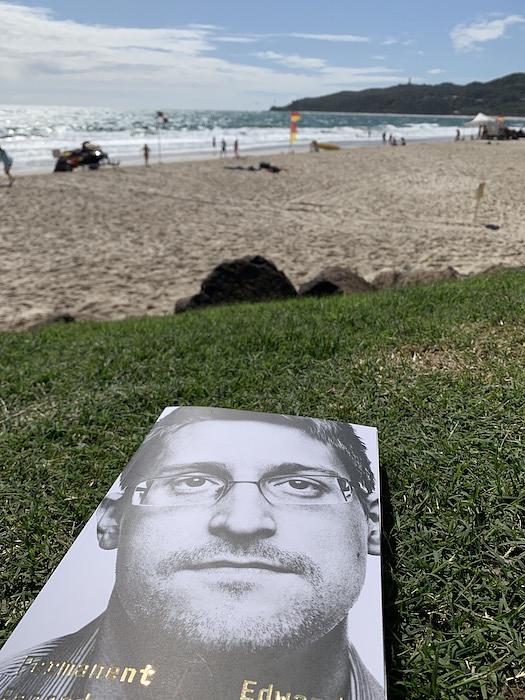This Summer in Australia got everyone thinking about climate change and that the effects might be visited upon us a lot sooner than most people had considered. Most of NSW and large parts of Queensland have been in a severe drought for a number of years now, and the months of spring were filled with pleas for help from farmers whose livelihoods were being slowly destroyed.
While this discussion continued, bush-fire season started early and then took off with a vengeance, burning the entire eastern seaboard over the course of a couple of months. There’s no need to describe what happened, as the fires were so bad they warranted global news coverage.
I’ve always accepted the reality of climate change and have tried to do a bit here and there to keep my emissions down, but I’ve never really sat down and workout out just how much emissions I am responsible for, so, inspired by Tim Bray’s decarbonization article, I resolved to sit down and figure out my 2019 emissions and see where I can make improvements.
I used the Carbon Neutral Calculator, in advanced mode where appropriate, and made a start.
The rough outline is that we are a professional couple, with no kids, currently renting in Brisbane.
Emissions
Vehicles
We have one car, a 2013 Hyundai i30 with a 1.8L Petrol engine, which doesn’t get that much use. Both of us work from home at the moment, so it’s mainly used for grocery trips and exploring local cafés, with the occasional longer drive to visit my mother-in-law at the coast. I don’t have an exact mileage driven for the last year, but we seem to be averaging approx. 8,000km/yr and the fuel efficiency gauge typically reads around 9L/100km, dropping to 6L/100km for motorway driving.
8,000km @ 9.2L/100km = 1.85T
Not much we can do about this at the moment. We own the car outright, it’s in v. good condition, so it doesn’t make financial sense to replace it with an EV yet.
One option which could be worth looking into is buying an electric cargo bike. That would remove all the grocery trips, for me at least, though J isn’t comfortable cycling in traffic and there are no bike lanes between us and the supermarket, so not sure she’d be keen. Something to re-consider when we move to Thirroul.
Electricity
This one is fairly easy to work out as I just added up our bills for the year.
3,025kWh @ Queensland = 2.81T
We’re renting, so can’t put up solar panels or modify the house, so there’s no options to reduce energy usage on that front. However, we’re with AGL who have a Future Forests initiative, where you pay an extra $1 per week and they guarantee to buy enough carbon offsets to offset your electricity use. I’ve signed us up.
In the meantime, we try to limit the use of air-conditioning to only when it’s really needed (30C+ outside), and only in the rooms we’re in.
Gas
Again, strightforward to work out from bills.
10,948MJ @ Queensland Metro = 0.95T
Again, not much we can do here as we’re renting. We use gas for cooking, hot water and a small gas heater in winter. If we had our own place we could look at investing in solar hot water and switching to an induction cooker powered with solar panels.
Waste
This one is tricky. We split our waste into recyclables (glass, paper, hard plastics, metals etc.), soft plastics (which can be dropped off for recycling at our local supermarket) and regular waste. Do you count stuff that’s going to be recycled? There doesn’t seem to be an option for that on the calculator. I’ve made the assumption that everything we put in the red ‘general waste’ bin is food, and have guessed that we throw out 1 cubic metre of general waste per week (almost certainly an overestimate.)
1m3 per week = 0.95T
Not much to do here. We’re pretty good at recycling the waste that’s eligible for recycling. Composting food waste also releases CO2 so not sure there’s anything to be gained there. We can definitely get better at making sure we use all the food we buy, particularly things like salad ingredients and fruit, so that’s something to work on this year.
Paper
Again, not really sure about this one. All our paper and cardboard goes into recycling, so, again, does that count? I’m saying no for the moment.
Flights
These are just my flights - J will have her own set.
- Brisbane - Sydney: 0.23T * 5 = 1.15T
- Brisbane - Cairns: 0.23T
- Brisbane - Newcastle: 0.23T
- Brisbane - Queenstown (NZ): 1.09T
Total: 2.7T
The easiest way to reduce our flights is just to move back to Sydney 😁 which we’re doing later this year. Living in Sydney would have removed all but two of those flights, though with my sister living in NZ and the rest of my family in Ireland, we’re always going to have some flight-related emissions. I checked and a return flight to Europe is about 5T! We have a Euro trip booked this year, but COVID might put paid to that! I might just have to look at carbon offsets for this one.
Public Transport
We both work from home, so don’t use a lot of public transport. We take occasional bus or train trips into the city, plus occasional ferry trips. There’s no ferry option on the calculator though, and these distances are total guesses. A round trip to the city is about 12km on the bus and 10km on the train.
- 500km, commuting by bus: 0.2T
- 500km, commuting by train: 0.2T
As it turns out, public transport doesn’t result in a large CO2 contribution anyway.
Events
I flew to Newcastle for a four-day MTB race.
Port-to-Port MTB: 0.41T
Grand Total
6.7 tonnes between the two of us, excl. flights. If we assume J had approx. the same flight profile as me, then we’re up to approx. 12.2 tonnes CO2 for the year. Taking advantage of AGL’s electricity offsetting reduces our total to 9.39T CO2 between us, or 4.7T each.
I’m not sure how accurate the calculator is, but I had a follow-up attempt at Global Footprint Network which estimated my emissions at 9.7T, excl. J’s flights, based on a different way of entering data, so I seem to be in the right ballpark, though, as they say, garbage in, garbage out.
I know Australians are among the worst emitters in the World, with approx. 26T per person, but I think that’s just our total emissions divided by the population, which isn’t an accurate estimate of what the average person is directly responsible for, so hard to gauge how we’re doing on that front.
In the meantime, we have 10 tonnes of emissions from last year which require offsetting. According to the David Suzuki Foundation, the best offsets are those certified by the WWF Gold Standard Climate+ program, which aims to combine carbon offsets with global development benefits. Prices range from USD10/tonne to USD20. Time to pick a project.
